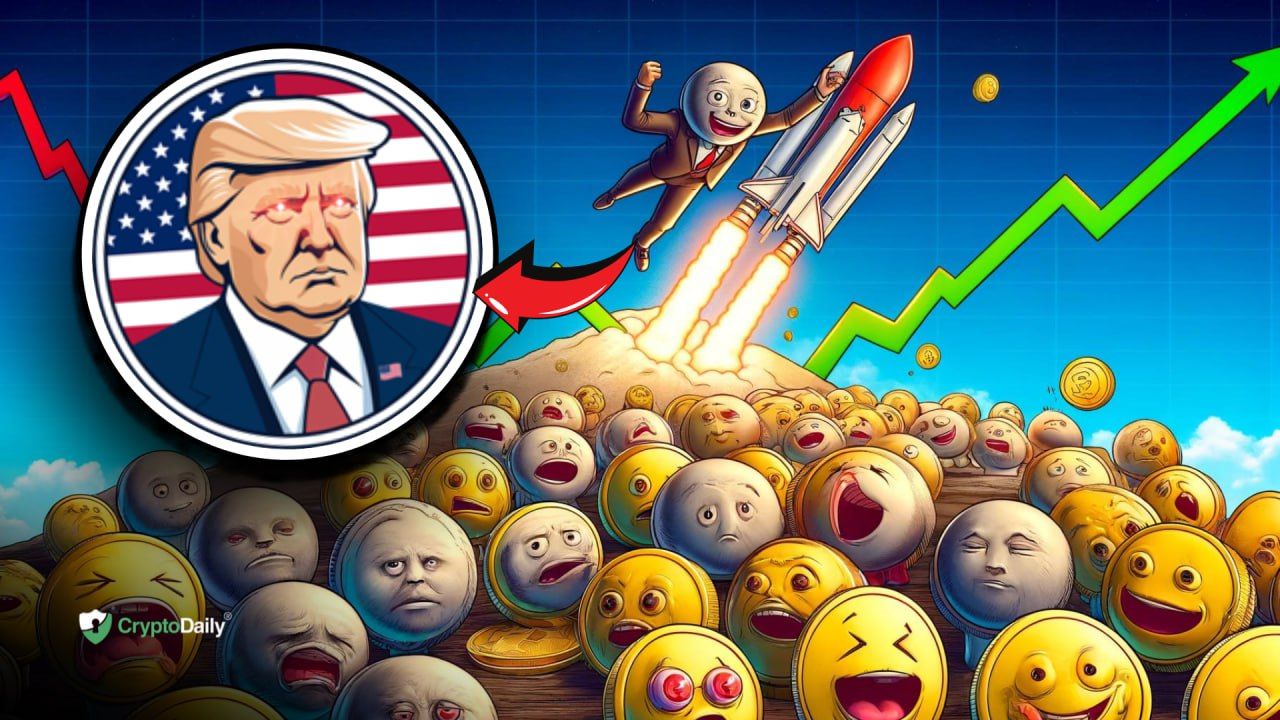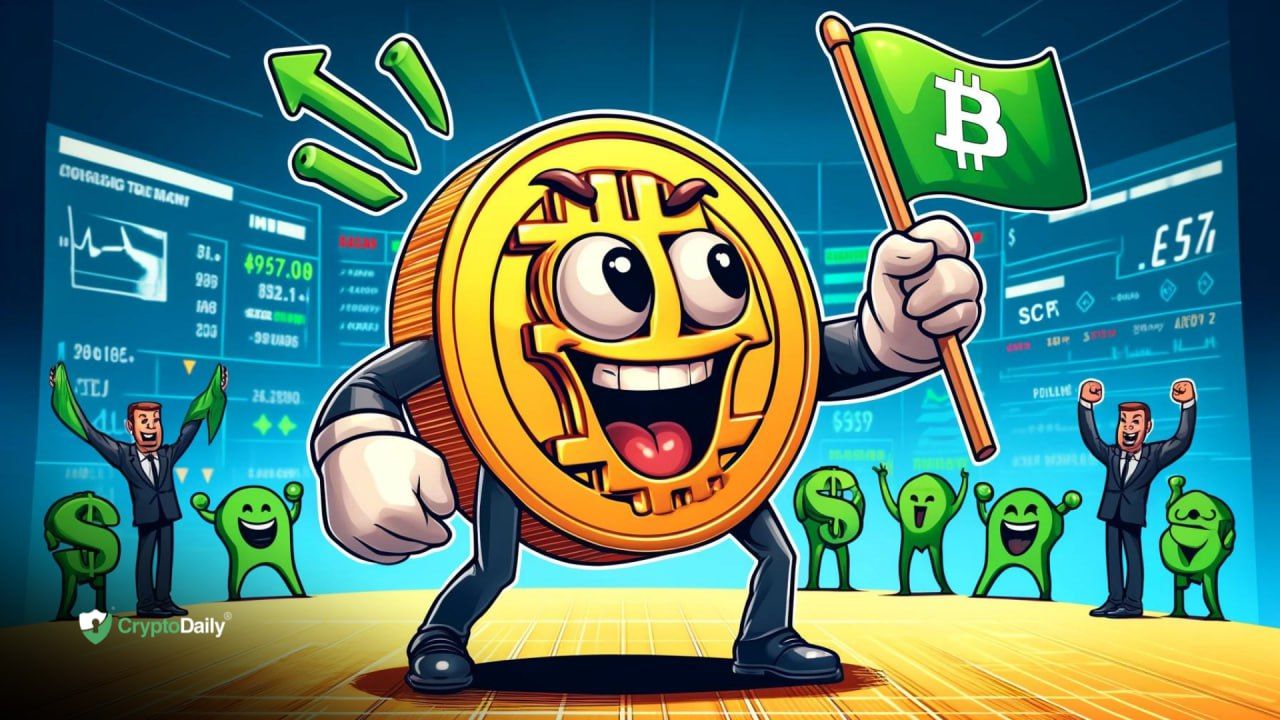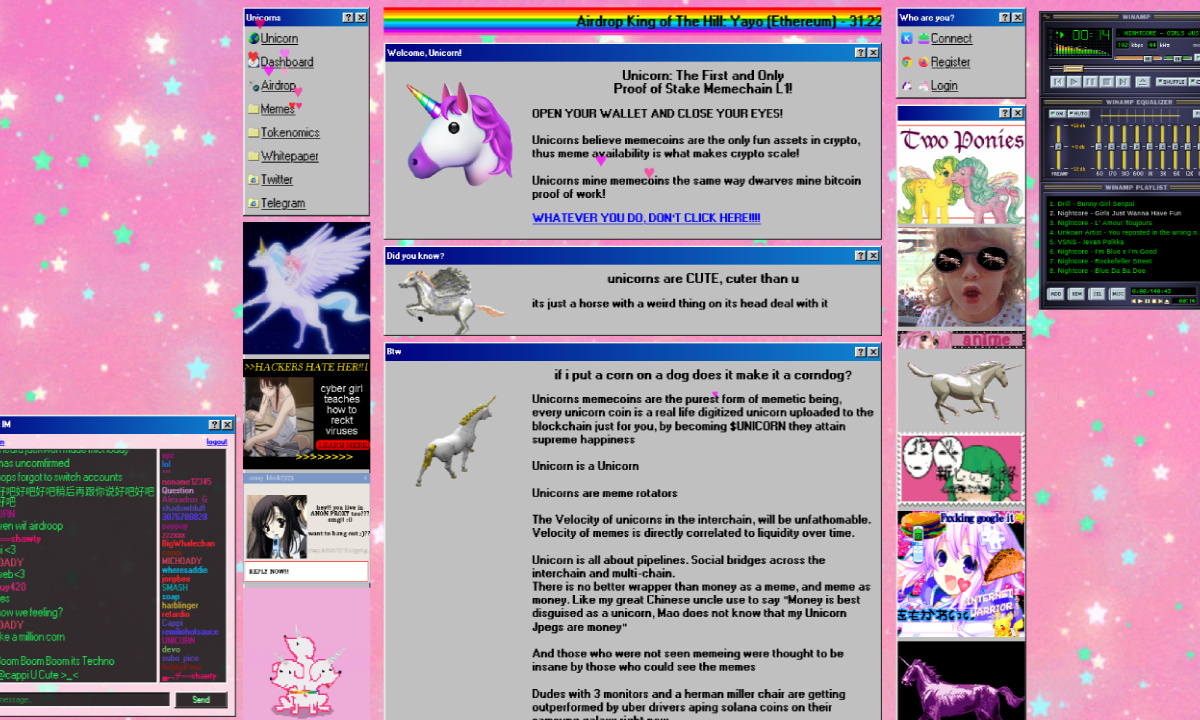Blockchains are everywhere these days and can do so much. From being the backbone of the cryptocurrency and DeFi sectors to supporting the NFT boom, blockchains are certainly doing a lot of heavy lifting these days.
But as most of us know, all blockchains are not created equal and all have their strengths and weaknesses. Because of how varied blockchains are and the fact that consumers have their network preferences, new products need to be created to function on more than one blockchain.
This, however, leads to one of the common issues in the industry; cross-chain operability.
Connecting the Chains
For any ambitious blockchain project that wants to be compatible with more than one network, there are two main options to do so; a multi-chain approach or a cross-chain approach. The former will see the project create codes for different blockchains and that launches on these blockchains independently.
This, however, comes with several drawbacks, including the fragmentation of the community and the liquidity pool. Then there is cross-chain interoperability in which smart contracts are deployed on different blockchains but connect and interact with one another through intermediate transport layers.
While this is deemed the standard solution within the industry for this issue, it is far from perfect, mostly due to its reliance on often unreliable centralized tools to make this happen. So what is the solution to this?
As blockchain enters a new era of growth, how do we connect blockchains without sacrificing the decentralized philosophy that built the industry? Well, EYWA might have the answer to that.
EYWA is a blockchain-based cross-chain DeFi solution that helps to move data across multiple chains with ease. This is done using a number of specific points in the blockchain, namely the EYWA Smart Contract Infrastructure in Blockchain A, the EYWA node-relay network, and the EYWA Smart Contract Infrastructure in Blockchain B.
As EYWA explains, this works when the smart contract in the first blockchain sends data to the smart contract in the second using the bridge A smart contract connected to the EYWA transport protocol infrastructure. Following this, the Bridge A smart contract will send a contract to the Blockchain A log.
The information being sent by the first is also validated by the EYWA relay nodes and should a consensus of two-thirds be reached, the information is then added to the blockchain.
This complex system, at the end of the day, will simplify the process of cross-chain operability and will serve as the foundation for a myriad of DeFi projects in the future.
EYWA Moving Forward
In terms of its tokenomics, a total of 1 billion EYWA tokens will be issued, over half of which will be held in the DAO treasury. Another 14% will be split between public and private sales. The first two quarters of 2022 will see the launch of a beta version of the main network, the opening funding round, and the addition of blockchains such as Polkadot and Cardano.
The next two quarters will see the addition of the NFT Crosschain bridge as well as other blockchains like Cosmos and Terra.
For now, EYWA has been publicly calling for validators for its network, with an incoming set of test participants who will deploy nodes on their servers. Recruitment for this is ongoing on the EYWA Telegram chat and individuals with experience in system administration are particularly wanted.
The maximum number of validators being accepted for this round is 300, though EYWA will hold a raffle should applications exceed this number. Once the validators are chosen, they will be able to buy 100,000 EYWA tokens at a price of $0.12, compared to the typical price of $0.20.
Once they begin participating in this round, their tokens will be locked till the end of the 16-month period. After 12 months, half of the tokens will be released and the rest disbursed over a 4-month period.
Before all of this, the validators have to run their nodes for a period of more than ten days during a testing period. After this testing period, they must still remain validators during the mainnet stage, which will hold for 9 months. However, the total working time of the node in both the testing and mainnet stage will be stipulated on a smart contract of the Harmony One network.
For all these efforts, EYWA offers the validators a chance to earn rewards. They enjoy a base reward of 10% for their stake in the EYWA tokens. They can, however, attract third parties to their validators and earn an extra commission, which is managed in the Harmony One network. There is a cap on this commission earned via delegated tokens at 500% of the validator's own stake.
Additionally, out of the 1 billion EYWA tokens that are in existence, 12,750,000 (1.275%) are allocated for Alpha testers for a 6-month vesting period and another 30,000,000 (3%) are allocated for validators for a 16-month vesting period.
Connected Chains
Interoperability is an important requirement for the blockchain sector to ascend to new levels of growth and EYWA is dedicated to making this happen. Through its unique system of cross-chain DeFi solutions, it makes sure that all the networks in the industry are linked for the benefit of the final consumers.
Disclaimer: This article is provided for informational purposes only. It is not offered or intended to be used as legal, tax, investment, financial, or other advice.
Investment Disclaimer













